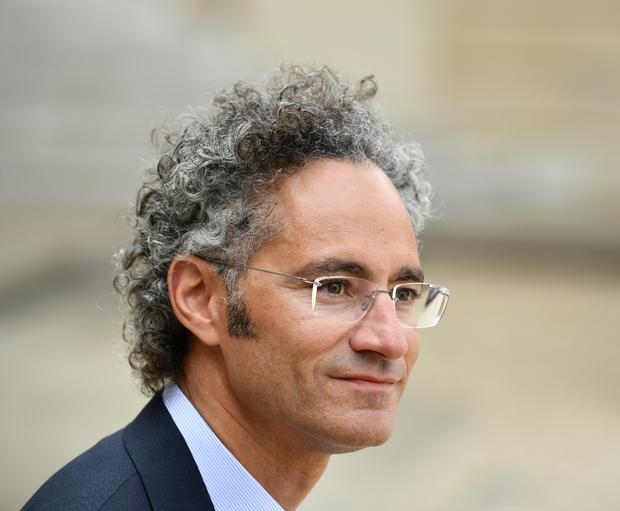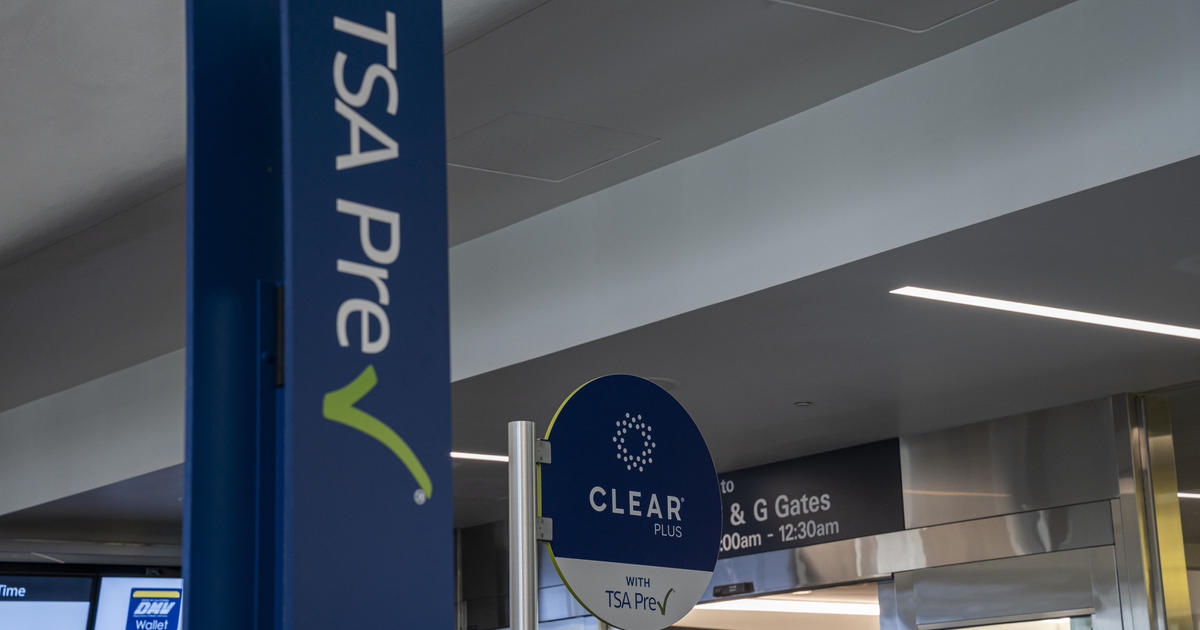Palantir, a secretive company that works for ICE, plans to go public
Palantir Technologies, a data-mining company with deep ties to U.S. intelligence and military agencies, has filed to go public. And like many other tech companies that have entered public markets in the past few years, the company will be listing its stock without ever making a profit.
Palantir plans to go public through a direct listing, an approach that has been used by a handful of other businesses, including Slack. In a direct listing, existing shareholders sell their stock directly to new shareholders, rather than through an investment bank.
In filings with the Security and Exchange Commission Tuesday, Palantir presented a first public look at its financials, shedding a good deal of its trademark secrecy about its business for the first time. What the filings show are $580 million in losses last year, and the company's heavy reliance on government contracts. Those contracts have raised concerns among activists and students on college campuses, with Hispanic advocacy group Mijente urging investors not to buy shares, citing the company's work with Immigration and Customs Enforcement, or ICE.
"We're calling on investors everywhere not to invest when the IPO happens," Jacinta Gonzalez, a senior campaign director at Mijente, said in a statement. "An investment in Palantir only serves to profit off the continued surveillance & exploitation of communities by ICE."
In a letter included in the filing, Palantir CEO Alex Karp acknowledged the company's sometimes controversial work.
"Software projects with our nation's defense and intelligence agencies, whose missions are to keep us safe, have become controversial, while companies built on advertising dollars are commonplace," Karp wrote. "Our software is used to target terrorists and to keep soldiers safe."
Palantir indicated it is on track to exceed $1 billion in annual revenues. It cited revenues of $481 million for the first half of 2020, up 49% from the year-ago period.
Its 2019 revenues of $746 million were up 25% from the previous year, the company said.
The growth included a big boost from the U.S. Army, from which it has earned $135 million since a favorable September 2018 court ruling forced the Pentagon to consider commercially available products in building its systems. That ruling opened a big door to Palantir.
Peter Thiel
The document indicated that Denver-based Palantir will sell stock some time this year but did not specify a date. A company spokeswoman declined comment on the filing.
Founded in 2003 by investors including Peter Thiel, the PayPal co-founder and early Facebook investor, Palantir got involved early on in government counterintelligence work with seed money from In-Q-Tel, the investment arm of the Central Intelligence Agency.
Tuesday's filing mentions the company's work helping U.S. soldiers counter an epidemic of roadside bombings and assisting Special Forces in the fight against ISIS.
Palantir said it had 125 customers in 150 countries including Airbus, Merck, Credit Suisse and the Danish National Police. Just shy of half its revenues were from government agencies last year, the company said.
Palantir is reported to have raised at least $2.5 billion in funding to date.
U.S. police agencies
The company's first product, Gotham, was built for defense and intelligence analysts and has also been used by U.S. police agencies. It identifies patterns deep within datasets. Its other platform, Foundry, is designed to link various complicated and diverse systems into a central operating system.
In the filing, Palantir said it believes current instability including "systematic failures of government institutions to provide for the public" present a growth opportunity for its business. One of its current contracts with the Department of Health and Human Services helps organize diverse data streams to help make sense of the COVID-19 response. It has a similar contract with Britain's National Health Service.
One major risk for new investors: A limited number of customers account for a significant amount of Palantir's revenue. Three customers make up just shy of a third of that revenue, Palantir said, without naming them. The 2,398-employee company also cited as a risk factor its high dependence on CEO Karp, who it said was paid $12 million last year.
Picketing of CEO's home
Also capable of hurting business is "unfavorable coverage in the media," Palantir acknowledged, from social activism. Last year, that included the picketing of Karp's home over a company contract to upgrade software used by ICE in the Trump administration's immigration crackdown. Campaigns on college campuses also hurt company recruitment.
Palantir initially filed for the stock sale confidentially on July 6. It said in the documents made public on Tuesday that it had $200 million in outstanding debt as of July 31.
Under the stock listing, the documents say, control of Palantir will be concentrated with the company's founders through the designation of a new category of stock. It says Thiel controls 30% of Palantir's voting power, with Karp having 9%




